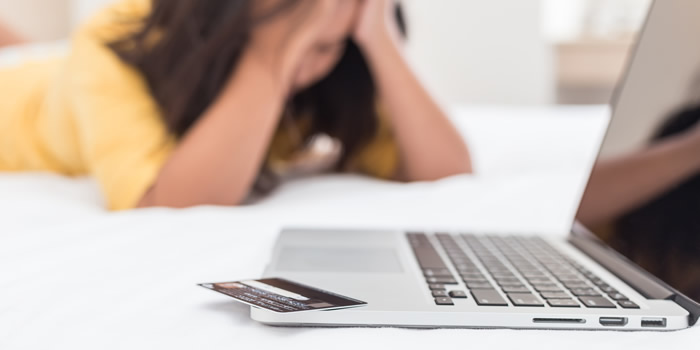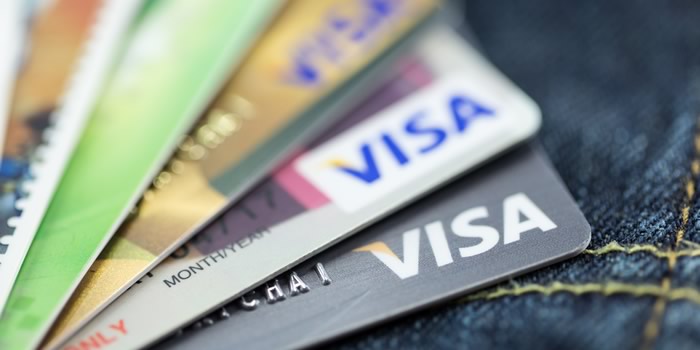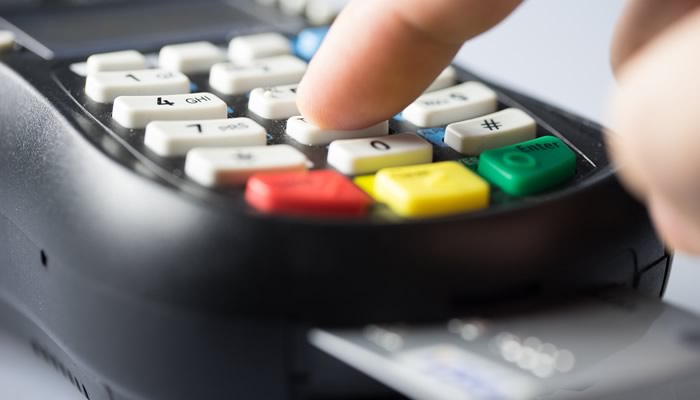
As our saying goes, credit cards are a powerful financial tool when used responsibly. It’s when you misuse your credit card that it can cause you financial pain.
In today’s low interest rates environment where money is ultra-cheap (except credit card interest and payday loans), it’s easy to find yourself in what we like to call the “minimum payment trap.” It goes something like this: you rack up a lot of credit card debt for one reason or another and before you know it, you get in the habit of only paying the minimum payment.
While the minimum payment may seem manageable, the problem is that you aren’t putting a dent in your debt. Many people think, what’s the harm in only paying the minimum payment? Besides accruing a ton of interest, carrying a lot of credit card debt can lower your credit score. This can make it difficult if you plan to borrow money in the future for a major purchase, such as a home or car.
So, how do you avoid the minimum payment trap? Here are two simple ways.
Living Within Your Means
Perhaps the best way to avoid the minimum payment trap is by living within your means by avoiding “lifestyle inflation.” What’s lifestyle inflation? It’s our tendency to upsize our lifestyle when we get a raise or job promotion. Instead of saving the extra money, we spend it. We buy a new car, a bigger house or a new wardrobe.
While there’s nothing wrong with celebrating a job promotion with a fancy dinner out, if you don’t put any of that extra money towards savings, you won’t be any further ahead. If you’re carrying high-interest credit card debt, a pay raise or job promotion is the perfect way to put a dent in your debt. By directing some of that cash flow towards your debt, you can reach debt freedom that much sooner.
Preparing for the Unexpected
Life has a way of throwing us curveballs when we least expect it. We could get sick, lose our job or get divorced. Without adequate preparation, you could use your credit card to make it through the tough financial times to pay your living expenses and mortgage. By racking up so much debt, you may only be able to afford the minimum payment on your credit card.
To avoid a situation like this, it’s best to have an emergency fund set aside. This is money you can use in a financial emergency, so you don’t have to rely on your credit card. Financial experts recommend that you sock away three to six months’ worth of living expenses, but let’s face it, that’s a lot of money. Saving some money is better than nothing.
If you’re starting from scratch, start saving $25 or $50 per week or whatever you can afford in your emergency fund. Before you know it, you’ll have a few thousand dollars socked away. This will offer you some peace of mind if you ever run into financial difficulty.
The Bottom Line
By showing some restraint when it comes to your spending and preparing ahead of time for financial emergencies, you can avoid carrying debt on your credit card you might have difficulty paying back. While paying the minimum payment may seem tempting since it’s so affordable, remember that it can come back to haunt you down the road, especially if you hope to qualify for a mortgage. Avoid it in the first place if you can, while reaping the benefits of your credit card like rewards and extended warrantees.




